| O bicentenário da Revolução de 1820 constitui uma oportunidade e um desafio para revisitar e melhor compreender um período crucial da história contemporânea portuguesa. O congresso internacional que assinala este acontecimento procurará apontar as grandes linhas de interpretação que integram o amplo legado historiográfico existente e estimular a apresentação de novas abordagens e perspetivas de análise. Os interessados em submeter uma proposta de comunicação ao Congresso do Bicentenário da Revolução de 1820 deverão preencher o formulário na página oficial do Congresso e remetê-lo ao secretariado do Congresso - [email protected] - até 30 de Setembro de 2019. As propostas deverão indicar o painel temático em que se enquadra a comunicação a apresentar. Painéis temáticos
Cada proponente só poderá apresentar uma proposta de comunicação. A decisão sobre aceitação de propostas de comunicação será da responsabilidade dos coordenadores dos painéis temáticos, sendo informada até 31 de Outubro de 2019. Os autores de comunicações aceites deverão entregar o respetivo texto (de acordo com normas a fixar oportunamente) até 31 de Maio de 2020. O programa final do Congresso será definido após receção dos textos das comunicações aprovadas. Línguas do Congresso: português, espanhol e inglês. Mais informações: Página oficial do Congresso |
|
Org. Centro de História da Universidade de Lisboa; Centro de História da Sociedade e da Cultura; Centro Interdisciplinar de Ciências Sociais; Centro de Investigação de Estudos de Sociologia (ISCTE-IUL); Centro de Investigação Transdisciplinar Cultura, Espaço e Memória (CITCEM); Instituto de Ciências Sociais da Universidade de Lisboa (ICS); Instituto de História Contemporânea (IHC-UNL) Assembleia da República, 12 a 14 de Outubro de 2020 Prazo para submissão de propostas: 30 de Junho de 2019 Org.: Centro de História da Universidade de Lisboa | CHAM - Centro de Humanidades (FCSH-NOVA/UAç)
Org.: Centro de História da Universidade de Lisboa | Coord. científica: Maria Leonor García da Cruz Faculdade de Letras da Universidade de Lisboa - 3 e 4 de Junho de 2019
Org. Hellenic Institute of Egyptology; Universidade Aberta; Centre of History of the University of Lisbon; Writing & Scripts Centre of the Bibliotheca Alexandrina, Hellenic Society for Aesthetics, & c., under the Auspices of the Association of Greek Women Scientists Hellenic Institute of Egyptology, Athens, 10-14 February 2020 Deadline for submission of proposals: 30th April 2019
Org. Centro de História da Universidade de Lisboa; Hellenic Republic National and Kapodistrian University of Athens Faculty of History and Archaeology of the National and Kapodistrian University of Athens (NKUA), 27-29 June 2019 Deadline for submission of proposals: 28 February 2019
Org. Society for Sephardic Studies; Centro de História da Universidade de Lisboa Faculdade de Letras da Universidade de Lisboa, 24-26* de Junho de 2019, Anfiteatro III e IV Deadline for submission of proposals extended: January 23, 2019
Org. Universidade Eduardo Mondlane (UEM); Escola Superior de Ciências do Desporto; Centro de História da Universidade de Lisboa; “Sport”: Laboratório de História do Esporte e do Lazer da Universidade Federal do Rio de Janeiro; Núcleo de Estudos Africanos da Universidade Federal Fluminense Moçambique-Maputo | Faculdade de Letras e Ciências Sociais da Universidade Eduardo Mondlane, 8 e 9 de Novembro de 2018 Prologamento do prazo para submissão de propostas: 30/09/2018
2018-2019 | Centro de História da Universidade de Lisboa Prazo: 31 de Dezembro de 2018 | Deadline: December 31, 2018
Org. Centro de História da Universidade de Lisboa, Associação Portuguesa de História Económica e Social Faculdade de Letras e Centro de História da Universidade de Lisboa, 16 e 17 de Novembro de 2018 Prorrogação do prazo para submissão de propostas: 16 de Maio de 2018 Deadline for submission of proposals: May 16, 2018
Org. Centro de História da Universidade de Lisboa; Centro de Estudos Africanos da Universidade do Porto; Centro de Estudos Internacionais do ISCTE-IUL; Instituto de História Contemporânea da Universidade Nova de Lisboa Prorrogação do prazo para submissão de propostas até 15/09/2018
|
Candidaturas abertasPrograma Interuniversitário de Doutoramento em História: mudança e continuidade num mundo global (PIUDHist) 2023-2024
Bolsa de Doutoramento Pedro Almeida Ferreira - Santa Casa da Misericórdia de Lisboa Chamadas / CallsCiclo de Seminários
2023-2024 Caminhos da Historiografia: História e Ciências Sociais dos anos 40 à atualidade Prazos: 25 de Abril e 31 de Julho ExposiçõesCiclos CH-ULisboaNewsletter CH-ULisboaSubscreva a nossa newsletter
Filtros
|

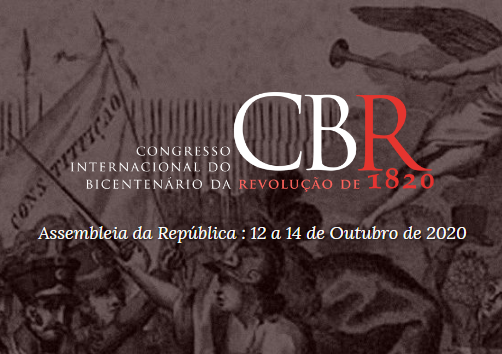
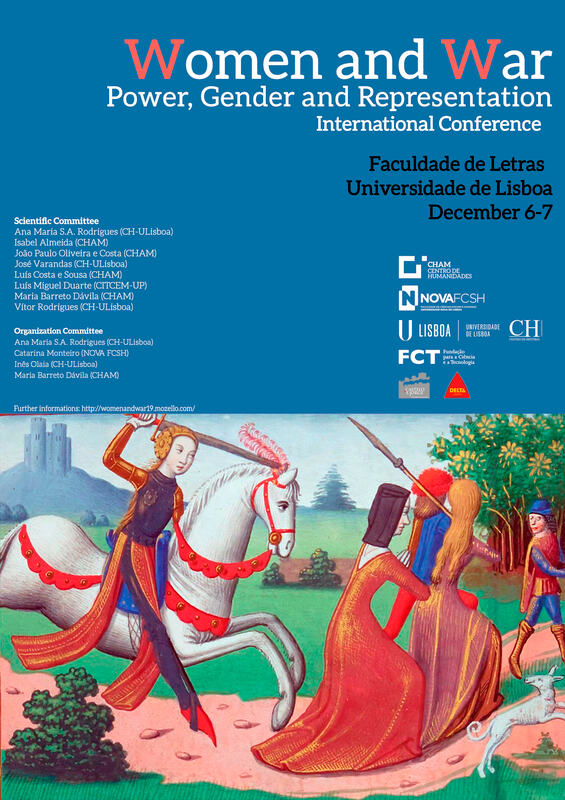
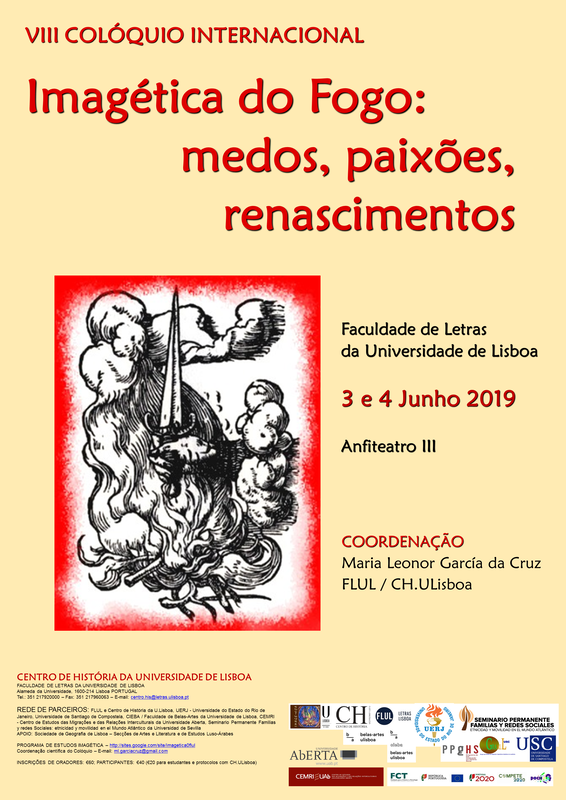
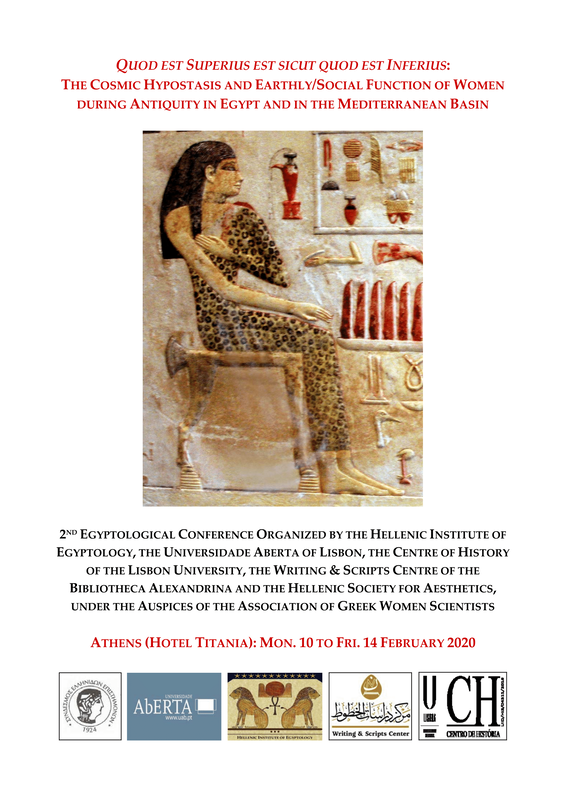
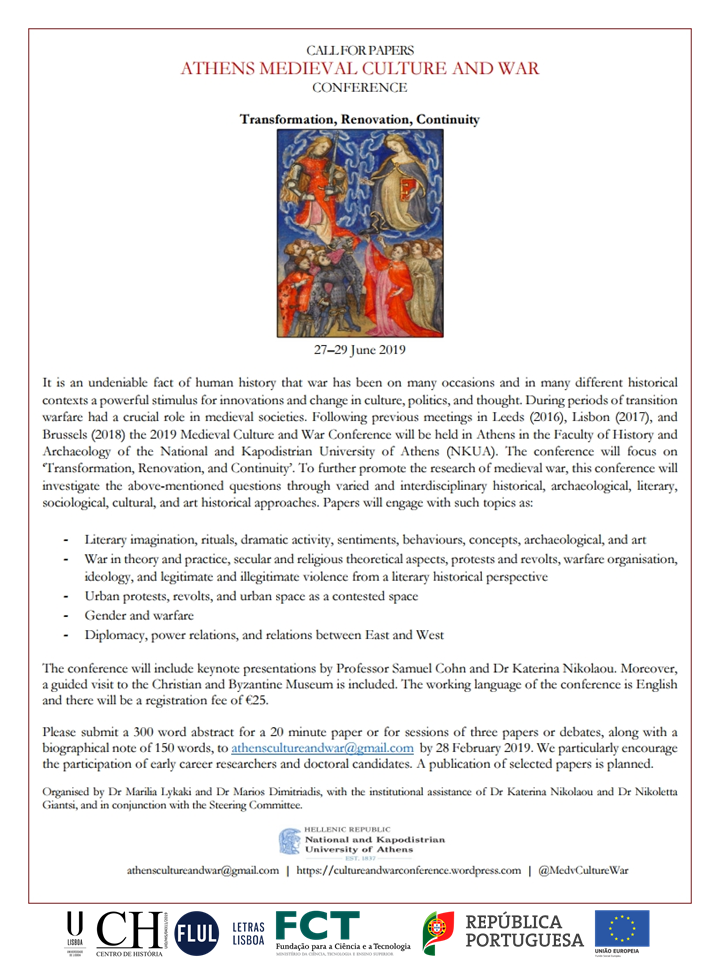
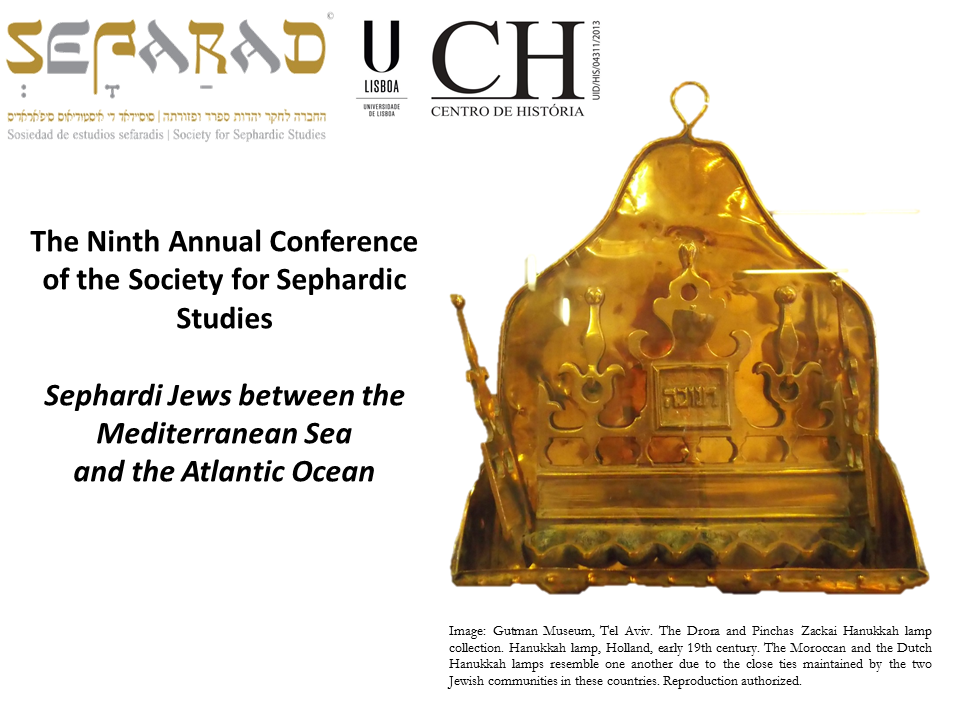


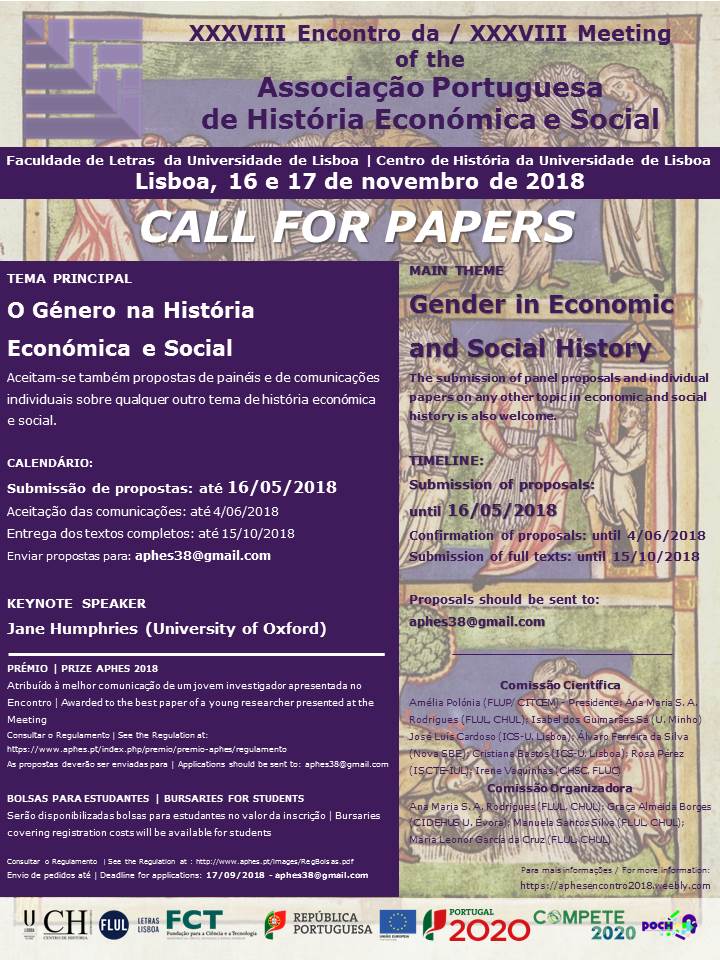
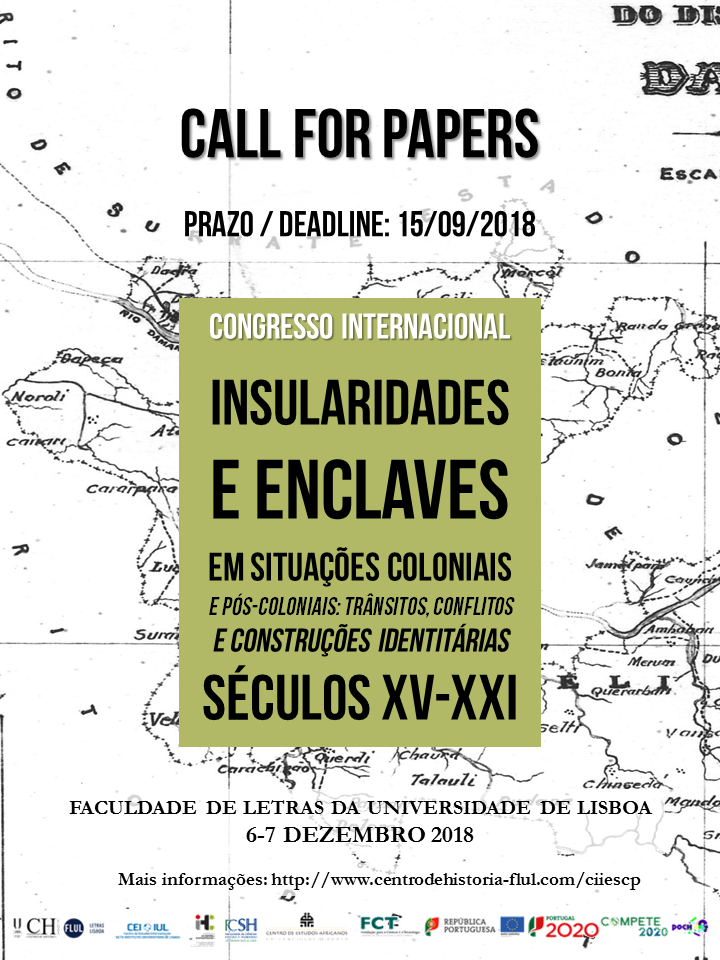
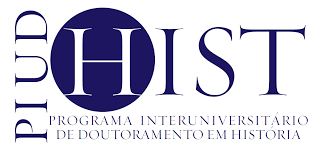
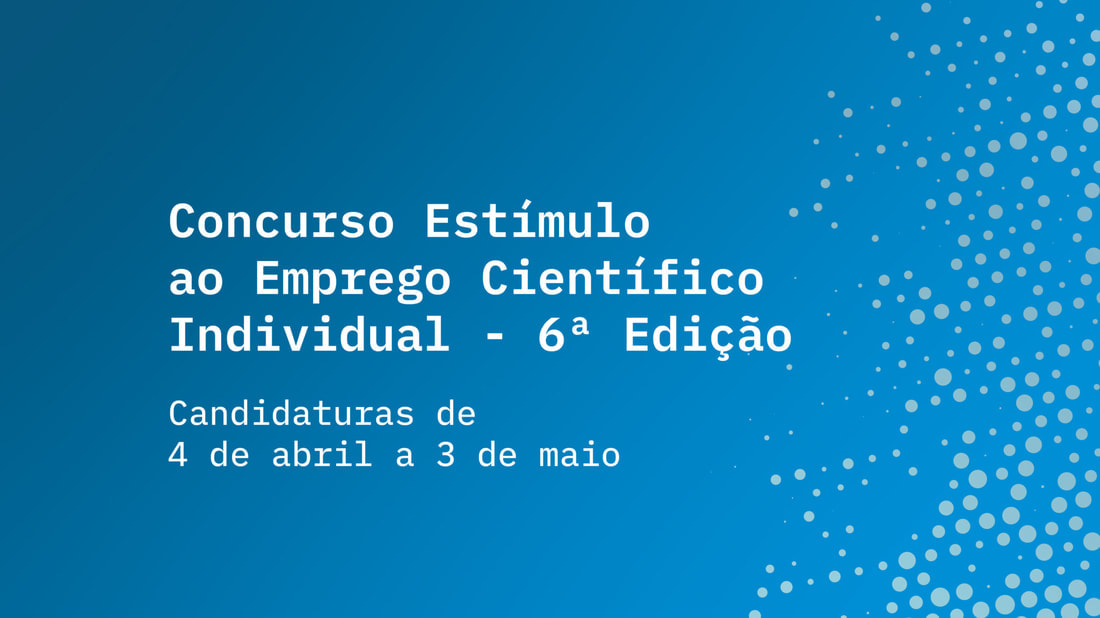
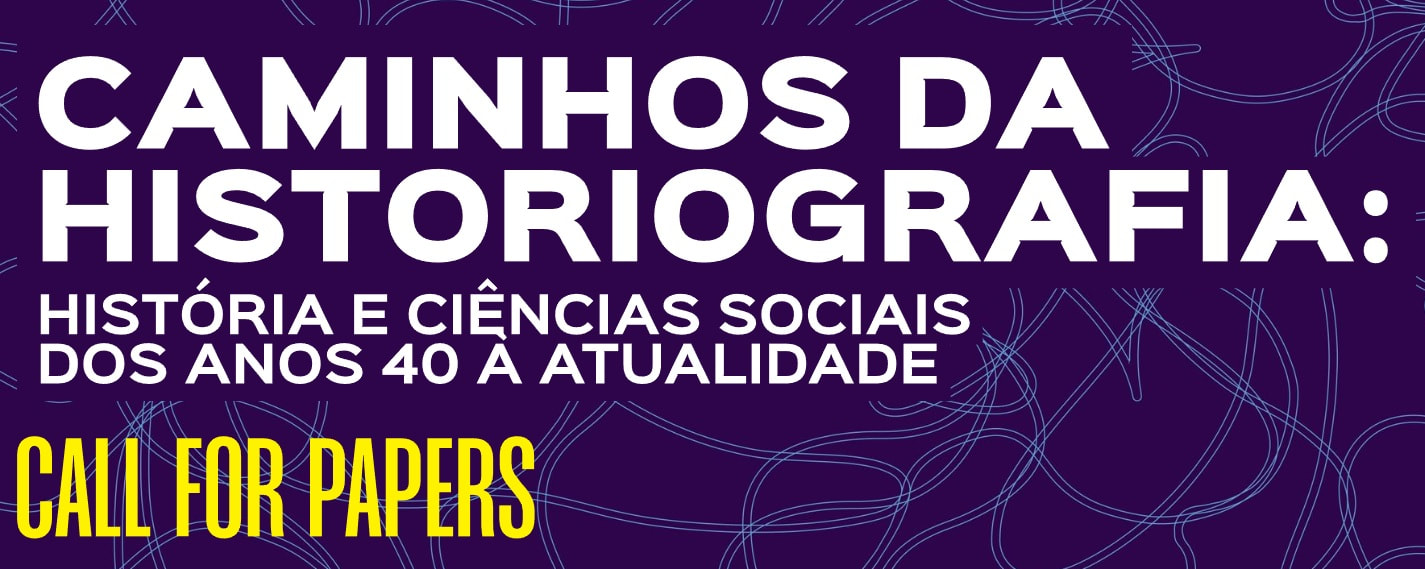
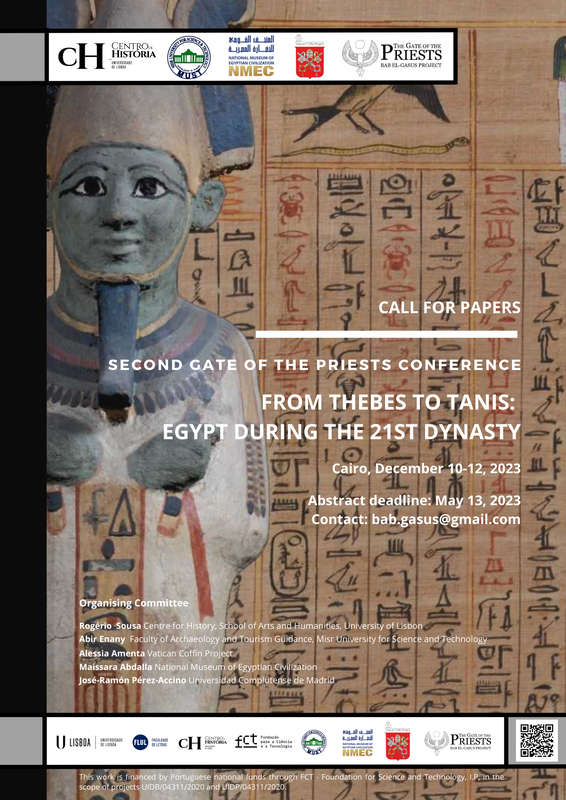
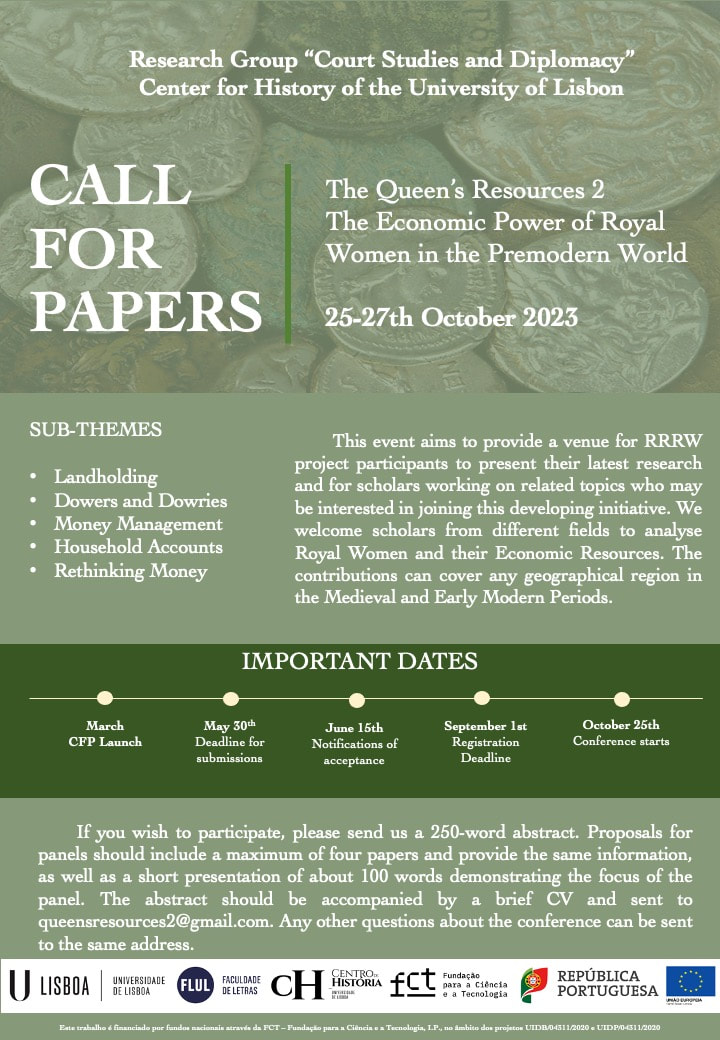
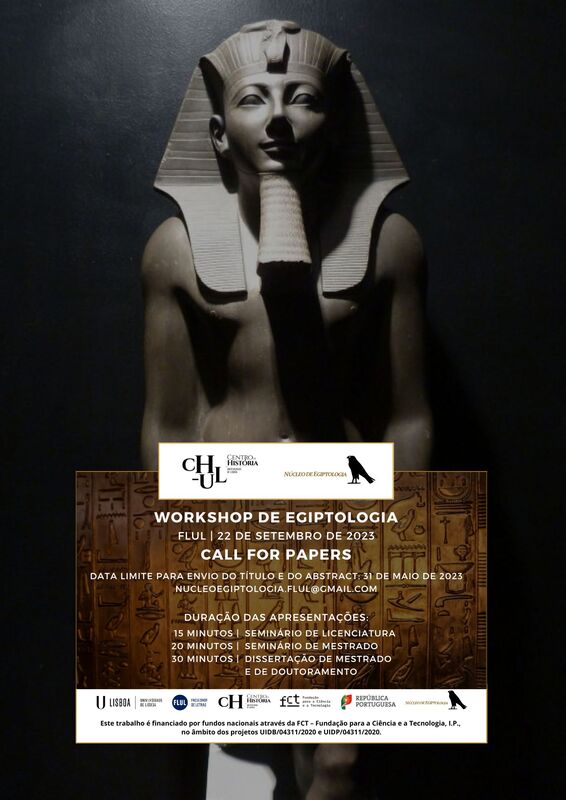
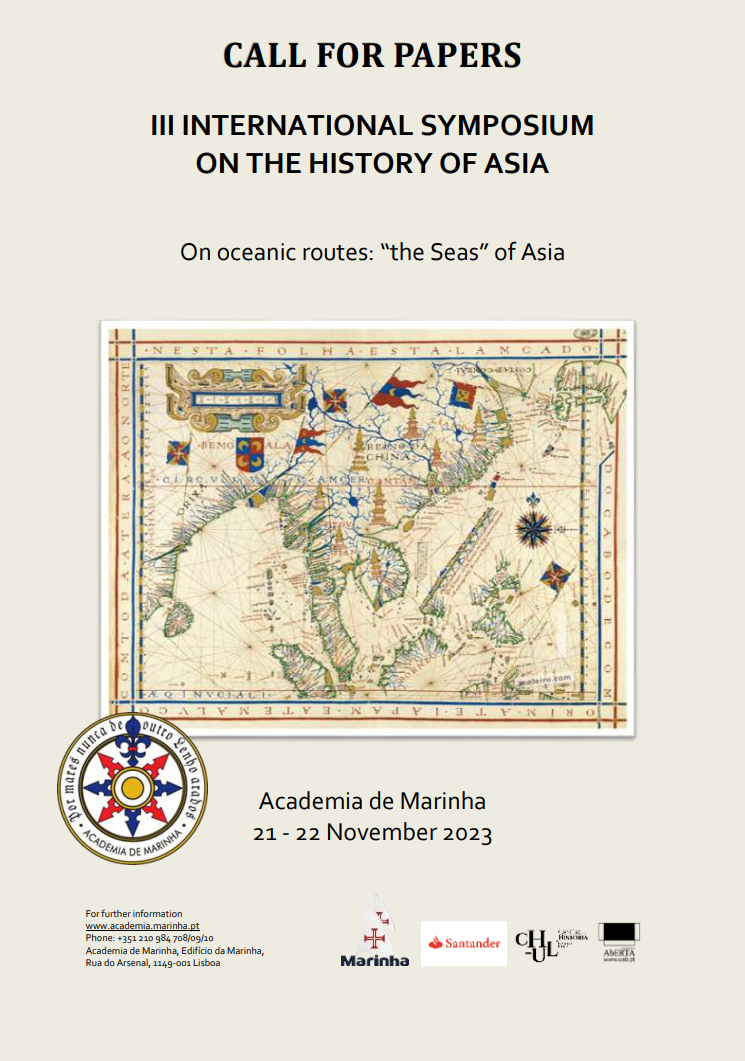
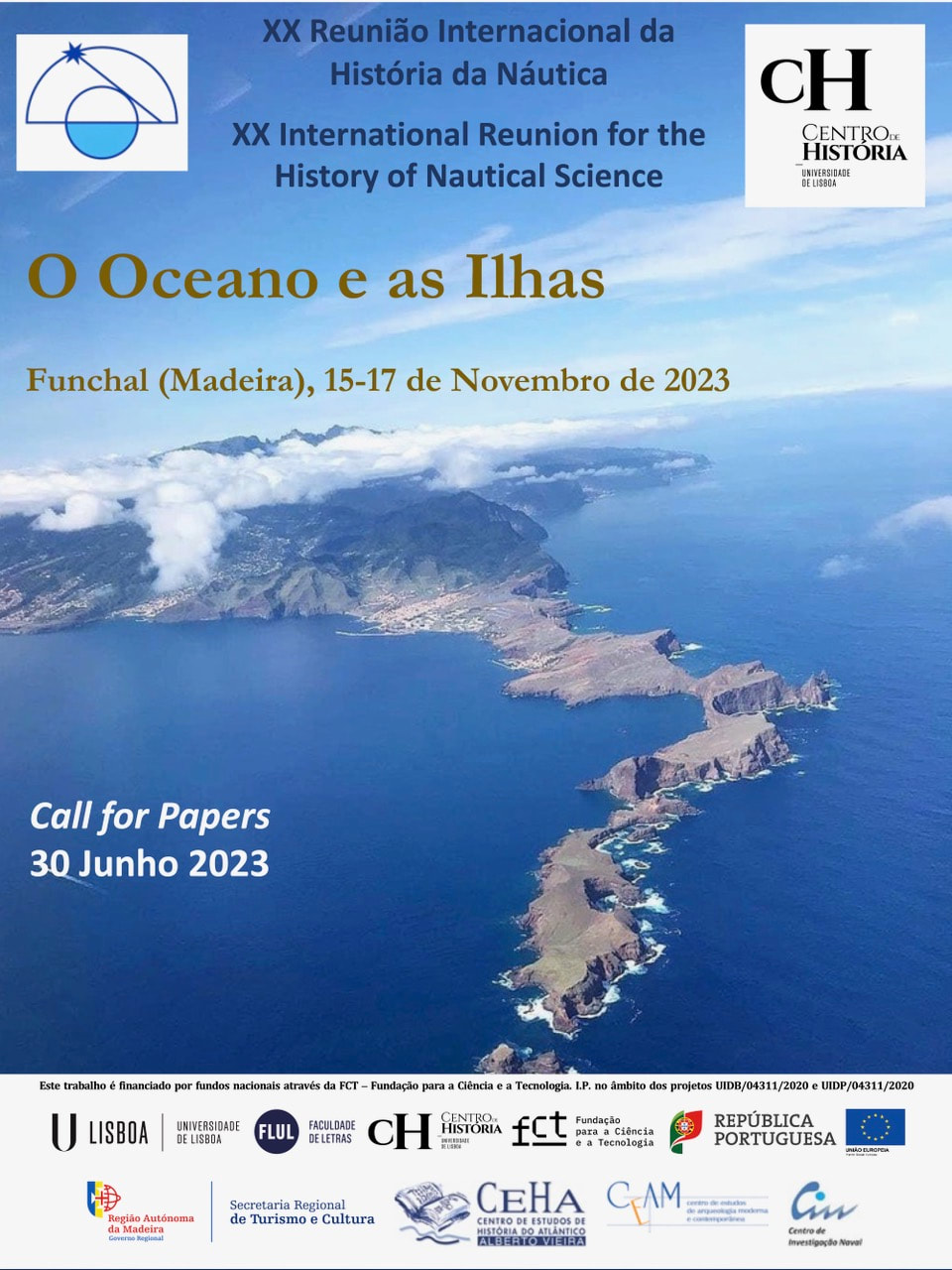
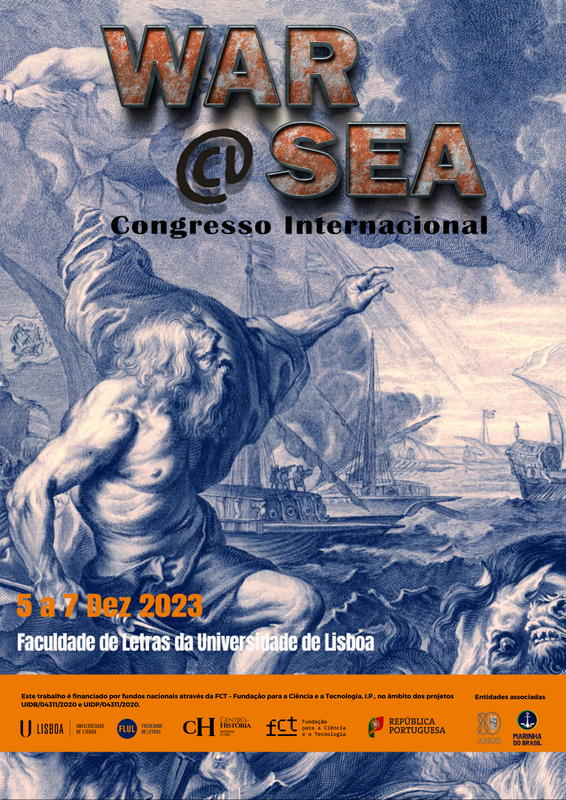
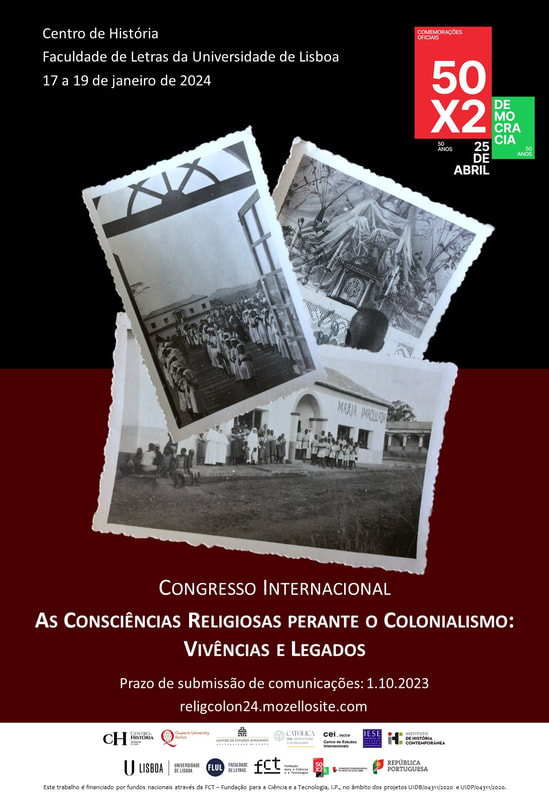
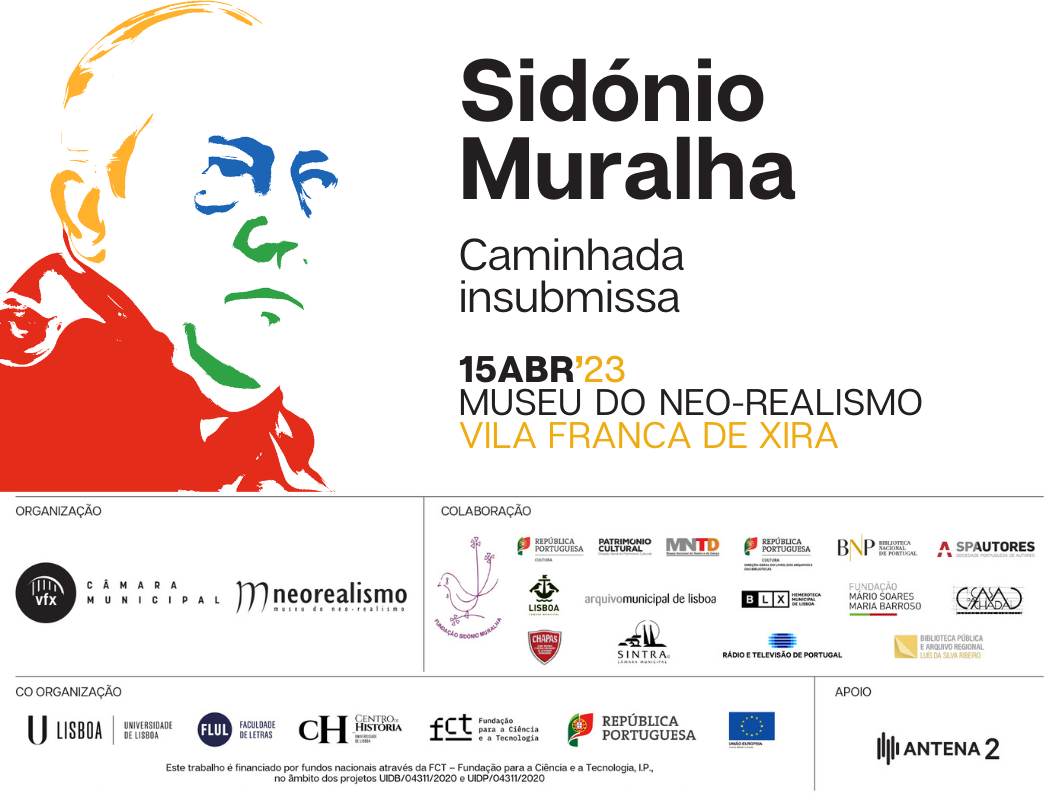
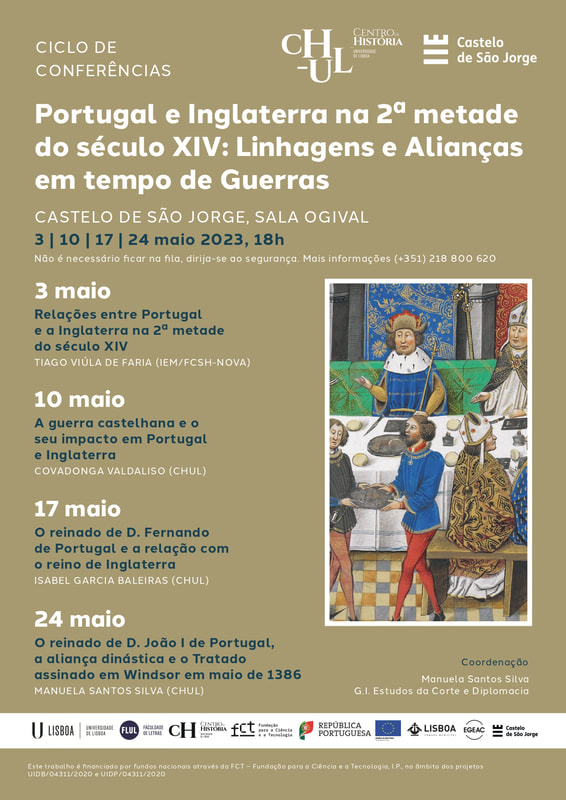
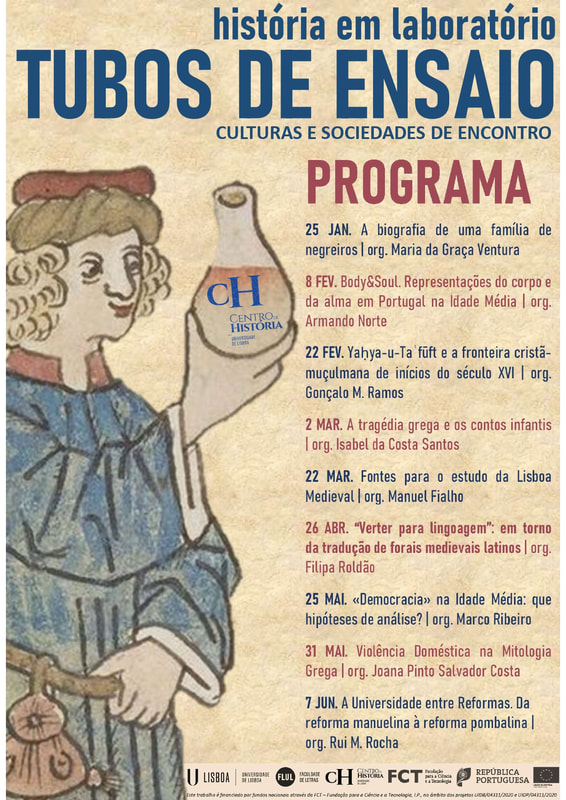
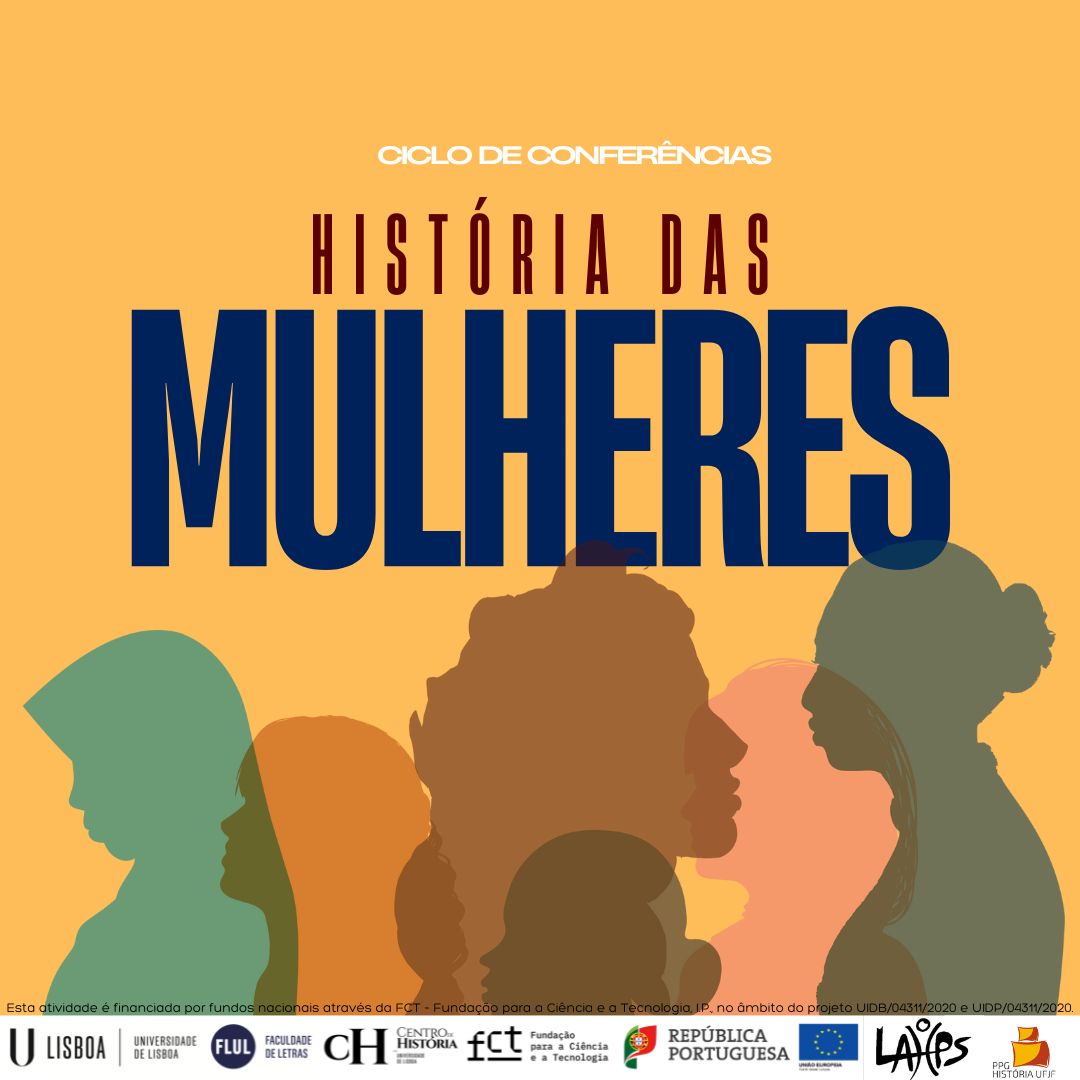
 Feed RSS
Feed RSS
